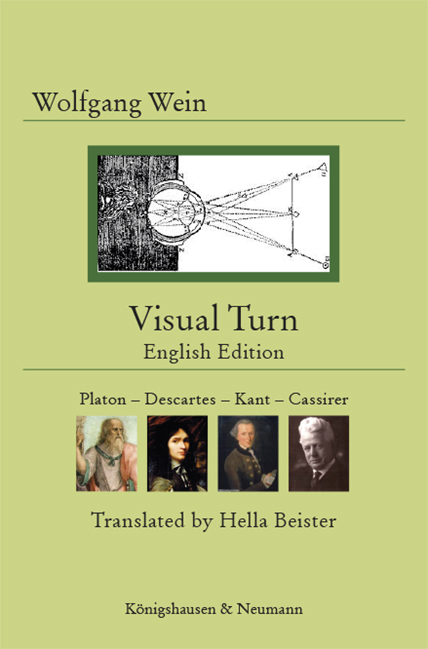Beschreibung
Between ca. 1860 and 1920, Neo-Kantianism was the leading philosophy not only in Germany but in Great Britain and many other countries. It
was an attempt to modernize Kant’s philosophy in light of fundamental new scientific developments. In the 20th century Neo-Kantianism, having
lost touch with the sciences, was superseded by neo-empiricism, naturalism (materialism) and analytical philosophy. The last Neo-Kantian who
sought to preserve the close dialogue with the sciences while still adhering to Kant’s ›critical method‹ was Ernst Cassirer of the Marburg School.
The present book proposes to show that due to recent scientific developments in vision science, epigenetics, artificial intelligence and other fields,
Neo-Kantianism is today well positioned to regain its status as a leading force in philosophy. To this end, the first part of the book offers a critical
in-depth review, from today’s perspective, of empiricism, naturalism and analytical philosophy as well as a reconstruction of rationalism, also within
in Kant’s ›critical Idealism‹, and introduces a new element which the author calls visual thinking. Visual thinking must have been an important
developmental stage before the emergence of language around 50.000 years BP, and there is evidence that, over time, language developed from elements
of visual cognition. While for Kant there were only two sources of knowledge – intuitions and concepts – with several intermediary steps such
as schematism, my argument is that visual cognition is Kant’s unknown ›common root‹ for both intuitions and concepts. In the second part of the
book, visual thinking is shown to be present in Plato’s famous dialogue Meno, Rene Descartes’ »intuitive evidence« as well as Kant’s »schematism«,
and the relationship between visual thinking and Cassirer’s »symbolic pregnance« is explained. In a final step, Kant’s epistemology is discussed in
view of certain critical points which need modernizing to reflect recent scientific findings, particularly in vision science and nativism, thus affording
an opportunity to preserve Kant’s humanistic and reason-based practical philosophy and at the same time re-establish it as the leading philosophy
of the 21st century.

